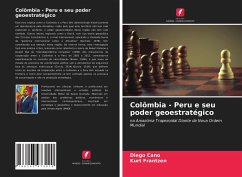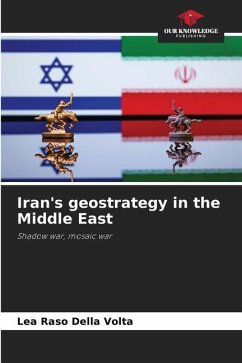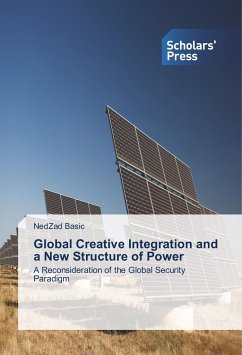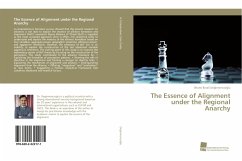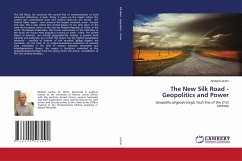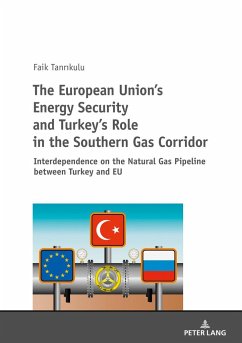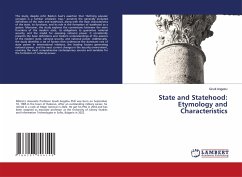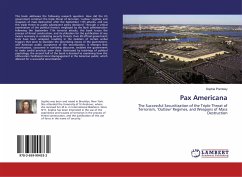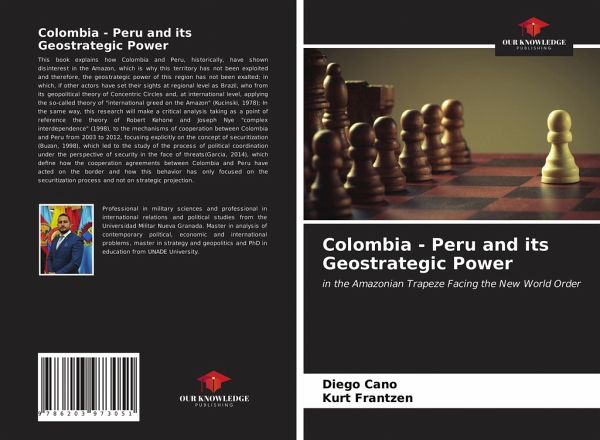
Colombia - Peru and its Geostrategic Power
in the Amazonian Trapeze Facing the New World Order
Versandkostenfrei!
Versandfertig in 6-10 Tagen
27,99 €
inkl. MwSt.

PAYBACK Punkte
14 °P sammeln!
This book explains how Colombia and Peru, historically, have shown disinterest in the Amazon, which is why this territory has not been exploited and therefore, the geostrategic power of this region has not been exalted; in which, if other actors have set their sights at regional level as Brazil, who from its geopolitical theory of Concentric Circles and, at international level, applying the so-called theory of "international greed on the Amazon" (Kucinski, 1978); In the same way, this research will make a critical analysis taking as a point of reference the theory of Robert Kehone and Joseph N...
This book explains how Colombia and Peru, historically, have shown disinterest in the Amazon, which is why this territory has not been exploited and therefore, the geostrategic power of this region has not been exalted; in which, if other actors have set their sights at regional level as Brazil, who from its geopolitical theory of Concentric Circles and, at international level, applying the so-called theory of "international greed on the Amazon" (Kucinski, 1978); In the same way, this research will make a critical analysis taking as a point of reference the theory of Robert Kehone and Joseph Nye "complex interdependence" (1998), to the mechanisms of cooperation between Colombia and Peru from 2003 to 2012, focusing explicitly on the concept of securitization (Buzan, 1998), which led to the study of the process of political coordination under the perspective of security in the face of threats(Garcia, 2014), which define how the cooperation agreements between Colombia and Peru have acted on the border and how this behavior has only focused on the securitization process and not on strategic projection.



